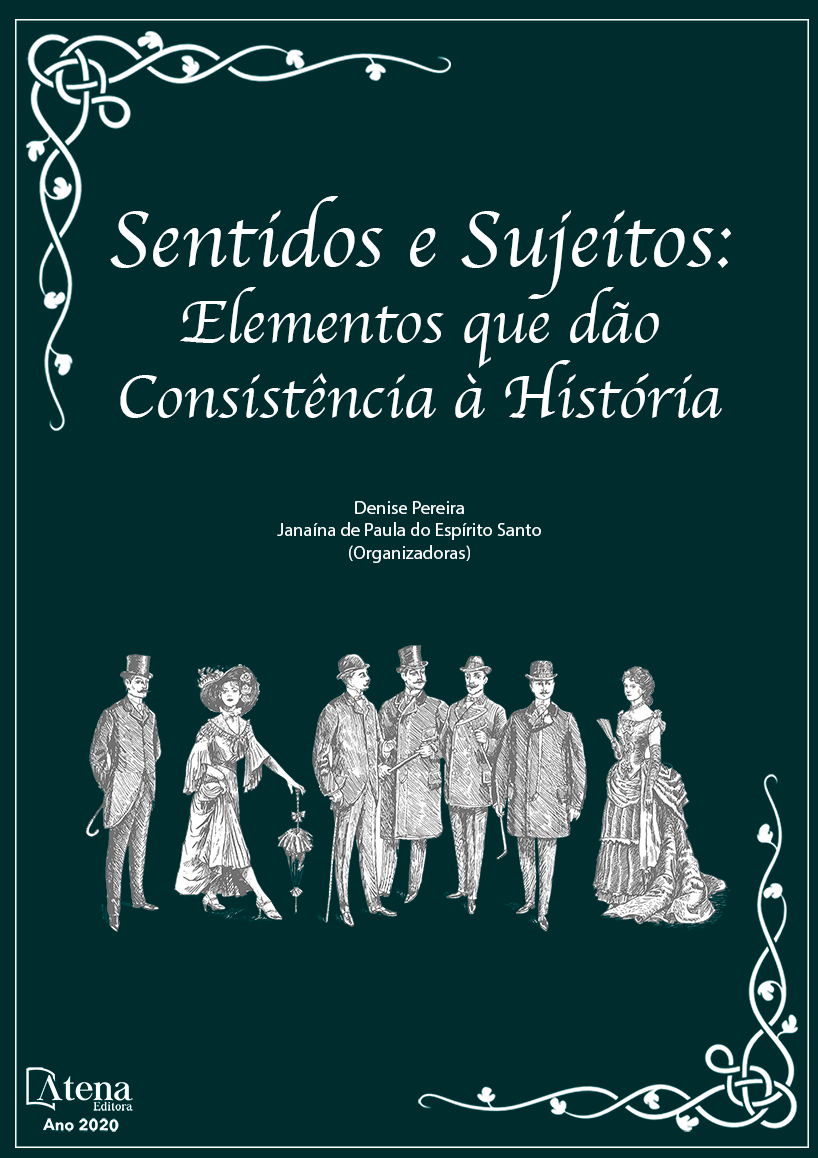
HISTÓRIA DO PROCESSO DE ESCOLARIZAÇÃO E FORMAÇÕES DISCURSIVAS NO BRASIL IMPERIAL: PRINCÍPIOS, SABERES E SUJEITOS
O presente capítulo objetiva elucidar o caráter histórico da escolarização no império brasileiro através de pertinentes inquirições a respeito das participações de distintos agentes atrelados às sociedades política e civil, respectivamente. Deste modo, é concebível destacar que tais ocorrências vinculam-se à conjuntura sociopolítica pela qual o Brasil perpassava no século XIX e às multifacetadas forças, formas e sujeitos que estavam envolvidos na construção de ideários de nação específicos, imersos nos debates referentes ao campo educacional, que deram a ver o surgimento de tensões e disputas em seu interior. Utilizo como referenciais teórico-metodológicos: CALLAI (2009), FOUCAULT (2008) GIACOMONI e VARGAS (2010), GONDRA e SCHNEIDER (2011), LIMEIRA e TEIXEIRA (2012), LUCKESI (1994), SILVA (2006), SILY (2015), VARELA e ALVAREZ-URIA (1992). Nesta perspectiva, por intermédio das contribuições do pensamento foucaultiano, também será possível relativizar matrizes interpretativas que concebem as experiências de escolarização no império brasileiro como constitutivas de um caráter estanque e ultrapassado. Logo, as considerações referentes à escolarização no Oitocentos devem-se munir de um compromisso visceral com as complexidades e pluralidades existentes entre as organizações enunciativas e formações discursivas legitimadas pelas práticas de diferentes sujeitos naquele tempo-espaço.
HISTÓRIA DO PROCESSO DE ESCOLARIZAÇÃO E FORMAÇÕES DISCURSIVAS NO BRASIL IMPERIAL: PRINCÍPIOS, SABERES E SUJEITOS
-
DOI: 10.22533/at.ed.2312018087
-
Palavras-chave: História da Educação; História do Processo de Escolarização; Formações Discursivas
-
Keywords: History of Education; History of the Schooling Process; Discursive Formations
-
Abstract:
This chapter aims to elucidate the historical character of schooling in the Brazilian empire through pertinent inquiries regarding the participation of different agents linked to political and civil societies, respectively. From this perspective, it is conceivable to point out that such occurrences are linked to the socio-political conjuncture that Brazil was going through at the beginning of the 19th century and to the multifaceted forces, forms and subjects that were involved in the construction of specific nation ideals, immersed in the debates related to the educational field, which gave rise to tensions and disputes within it. I use CALLAI (2009), FOUCAULT (2008) GIACOMONI et VARGAS (2010), GONDRA e SCHNEIDER (2011), LIMEIRA and TEIXEIRA (2012), LUCKESI (1994), SILVA (2006), SILY (2015), VARELA and ALVAREZ-URIAS (1992) as theoretical and methodological references. In this way, through the contributions of Foucaultian thought, it will be possible to relativise too interpretative matrices that conceive the experiences of schooling in the Brazilian empire as being watertight and outdated. Therefore, the considerations related to schooling in the Eight Hundred must be provided with a visceral commitment to the complexities and pluralities existing between enunciative organizations and discursive formations legitimated by the practices of different subjects in that time-space.
-
Número de páginas: 14
- Diego Dias Salgado


